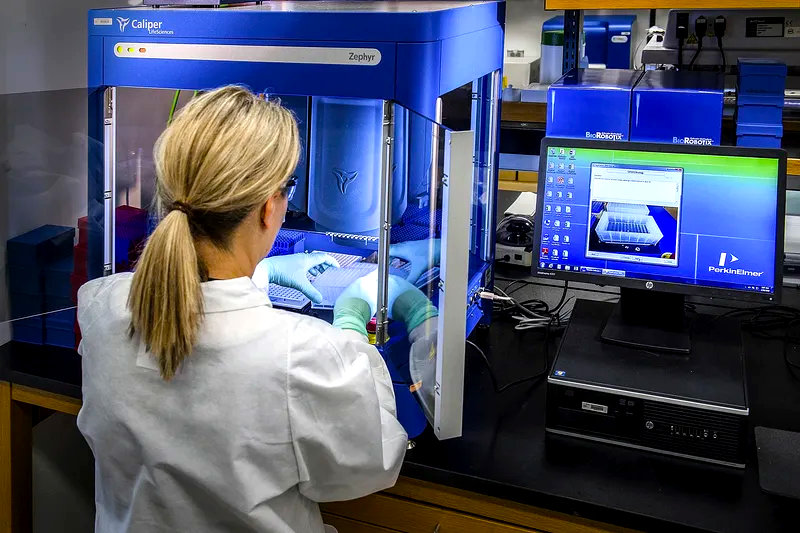As the elderly population continues to grow, the demand for medical care, particularly services provided by medical laboratories, is on the rise. Whether you decide to establish a new medical laboratory or acquire an existing one, the services offered play a crucial role in catering to the needs of the aging population.
However, venturing into the field of medical laboratory activities can be daunting due to stringent regulations, complex operations, and high financial requirements. It is essential to navigate these challenges effectively to ensure the success of your venture.
Starting a laboratory business often begins with a focus on innovation and technological advancements. To establish your start-up laboratory as a viable business entity, several key factors need to be considered. Here are some essential elements that every start-up laboratory should address:
1. Develop a comprehensive business plan that outlines the company’s description, market analysis, management structure, product or service offerings, and financial projections.
2. Determine the most suitable business structure, whether it be a sole proprietorship, corporation, LLC, or partnership, taking into account the legal and tax implications of each option.
3. Secure financing for the laboratory, which may involve utilizing personal funds, securing seed financing, or exploring other funding sources to cover operational expenses and initial investments.
4. Select the right Laboratory Information Management System (LIMS) to streamline laboratory operations, manage data effectively, and enhance overall efficiency in handling various aspects of laboratory activities.
5. Recruit and hire qualified lab personnel while complying with labor laws and regulations to ensure a smooth and compliant workforce management process.
6. Explore various financing options as the laboratory grows, such as seeking funding from venture capital firms, angel investors, or applying for research grants from organizations like the Small Business Administration (SBA).
Implementing a LIMS can significantly benefit start-up laboratories by improving accuracy, efficiency, and data accessibility, leading to better outcomes and results. When choosing a LIMS for your laboratory, consider factors such as your current lab processes, the type of laboratory you operate, and the associated costs to make an informed decision.
In conclusion, starting a laboratory business requires careful planning, strategic decision-making, and a thorough understanding of the industry and regulatory landscape. By addressing key aspects such as business planning, financing, personnel management, and technology adoption, you can lay a solid foundation for a successful laboratory venture. If needed, seek guidance from financial experts to ensure the sustainability and growth of your laboratory business.

